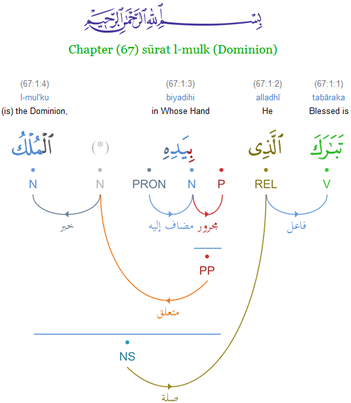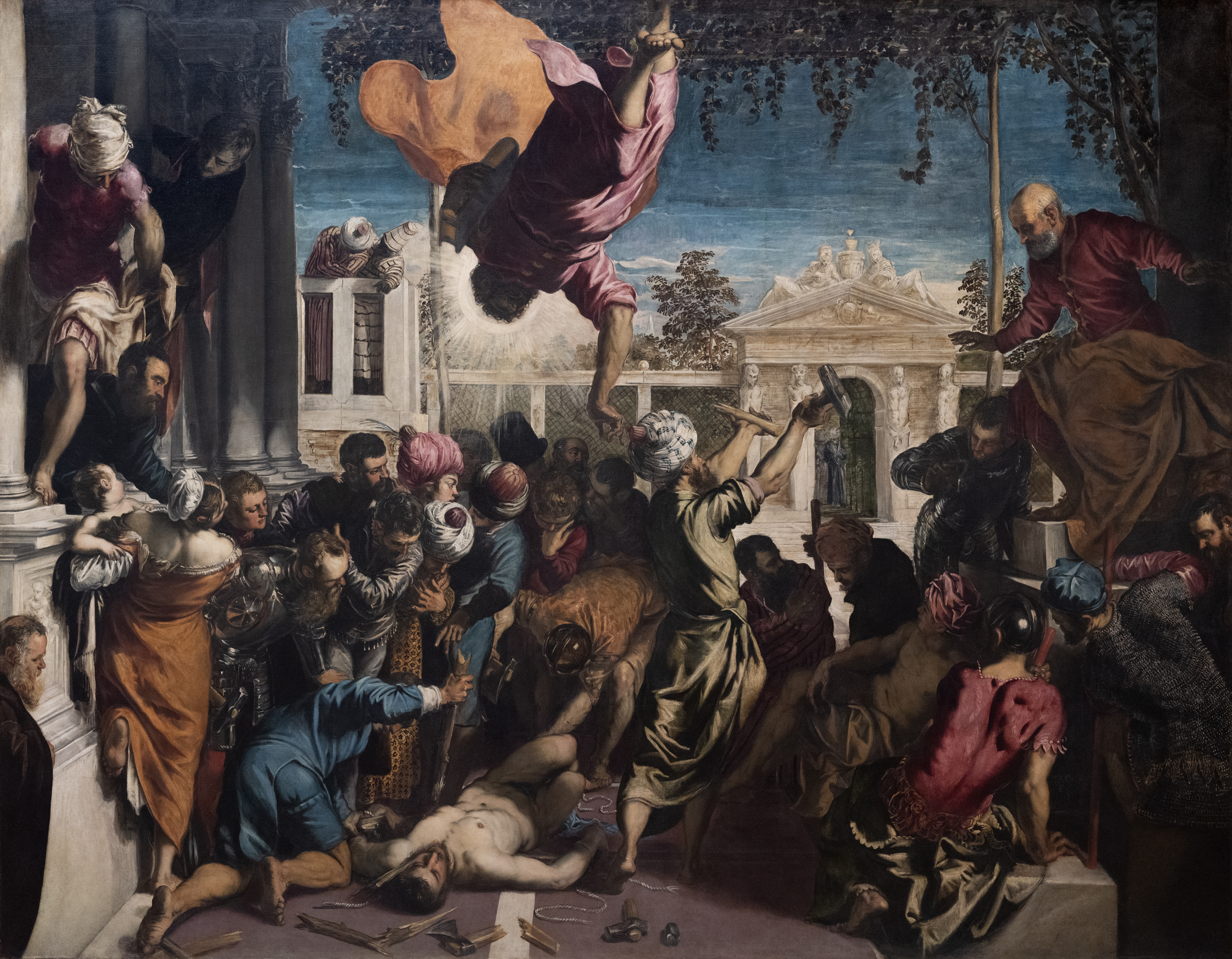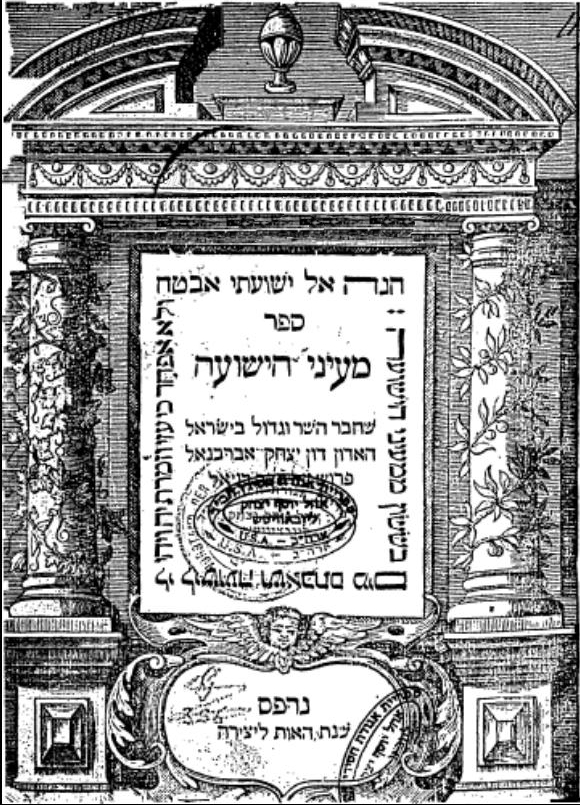|
Ibn Al-Sīd Al-Baṭalyawsī
Abū Muḥammad ʿAbd Allāh ibn Muḥammad ibn al-Sīd al-Baṭalyawsī (; 1052–1127), also spelled Ibn Assīd or Abenasid, was an Al-Andalus, Andalusian grammarian and philosopher. He is the earliest Islamic philosopher from the West whose works have survived. Ibn al-Sīd was born in 1052 (year 444 Anno Hegirae, of the Hijra) either in Silves, Portugal, Silves. or in Badajoz (''Baṭalyaws'') at the court of al-Muẓaffar, the Afṭasid Taifa of Badajoz, ruler of Badajoz. He received a literary and grammatical education. His teacher was Abū l-Ḥasan ʿAlī ibn Aḥmad ibn Ḥamdūn al-Muqrīʾ al-Baṭalyawsī, called Ibn al-Laṭīniyya, who died in 1073. When Badajoz fell to the Almoravids in 1094, Ibn al-Sīd went to Teruel in the territory of the Taifa of Albarracín, Banū Razīn. There he held the office of ''kātib'' (secretary) to the ruler, Abū Marwān ʿAbd al-Malik Jabr al-Dawla, Abū Marwān ʿAbd al-Malik. After falling into disgrace, he fled to Toledo, Spain, Tol ... [...More Info...] [...Related Items...] OR: [Wikipedia] [Google] [Baidu] |
Al-Andalus
Al-Andalus () was the Muslim-ruled area of the Iberian Peninsula. The name refers to the different Muslim states that controlled these territories at various times between 711 and 1492. At its greatest geographical extent, it occupied most of the peninsula as well as Septimania under Umayyad rule. These boundaries changed through a series of conquests Western historiography has traditionally characterized as the ''Reconquista'',"Para los autores árabes medievales, el término Al-Andalus designa la totalidad de las zonas conquistadas – siquiera temporalmente – por tropas arabo-musulmanas en territorios actualmente pertenecientes a Portugal, España y Francia" ("For medieval Arab authors, Al-Andalus designated all the conquered areas – even temporarily – by Arab-Muslim troops in territories now belonging to Spain, Portugal and France"), García de Cortázar, José Ángel. ''V Semana de Estudios Medievales: Nájera, 1 al 5 de agosto de 1994'', Gobie ... [...More Info...] [...Related Items...] OR: [Wikipedia] [Google] [Baidu] |
Arabic Grammar
Arabic grammar () is the grammar of the Arabic language. Arabic is a Semitic languages, Semitic language and its grammar has many similarities with the Semitic languages#Grammar, grammar of other Semitic languages. Classical Arabic and Modern Standard Arabic have largely the same grammar; colloquial spoken varieties of Arabic can vary in different ways. The largest differences between classical and colloquial Arabic are the loss of morpheme, morphological markings of grammatical case; changes in word order, an overall shift towards a more analytic language, analytic morphosyntax, the loss of the previous system of grammatical mood, along with the evolution of a new system; the loss of the inflected passive voice, except in a few relict varieties; restriction in the use of the Dual (grammatical number), dual number and (for most varieties) the loss of the feminine plural. Many Arabic dialects, Maghrebi Arabic in particular, also have significant vowel shifts and unusual consonant ... [...More Info...] [...Related Items...] OR: [Wikipedia] [Google] [Baidu] |
Miracle
A miracle is an event that is inexplicable by natural or scientific lawsOne dictionary define"Miracle"as: "A surprising and welcome event that is not explicable by natural or scientific laws and is therefore considered to be the work of a divine agency." and accordingly gets attributed to some supernatural or praeternatural cause. Various religions often attribute a phenomenon characterized as miraculous to the actions of a supernatural being, (especially) a deity, a miracle worker, a saint, or a religious leader. Informally, English-speakers often use the word ''miracle'' to characterise any beneficial event that is statistically unlikely but not contrary to the laws of nature, such as surviving a natural disaster, or simply a "wonderful" occurrence, regardless of likelihood (e.g. "the miracle of childbirth"). Some coincidences may be seen as miracles. A true miracle would, by definition, be a non-natural phenomenon, leading many writers to dismiss miracles as physically i ... [...More Info...] [...Related Items...] OR: [Wikipedia] [Google] [Baidu] |
Argument
An argument is a series of sentences, statements, or propositions some of which are called premises and one is the conclusion. The purpose of an argument is to give reasons for one's conclusion via justification, explanation, and/or persuasion. Arguments are intended to determine or show the degree of truth or acceptability of another statement called a conclusion. The process of crafting or delivering arguments, argumentation, can be studied from three main perspectives: the logical, the dialectical and the rhetorical perspective. In logic, an argument is usually expressed not in natural language but in a symbolic formal language, and it can be defined as any group of propositions of which one is claimed to follow from the others through deductively valid inferences that preserve truth from the premises to the conclusion. This logical perspective on argument is relevant for scientific fields such as mathematics and computer science. Logic is the study of the form ... [...More Info...] [...Related Items...] OR: [Wikipedia] [Google] [Baidu] |
Ibn Sabʿīn
Ibn Sab'īn ( ') was an Arab Sufi philosopher, the last philosopher of the Andalus in the west land of Islamic world. He was born in 1217 in Spain and lived in Ceuta. It has been suggested that he was a Neoplatonic philosopher, a Peripatetic philosopher, a Pythagorean philosopher, a Hermeticist, an alchemist, a heterodox Sufi, a pantheist, though none of these adequately characterise Ibn Sab'in. He was also known for his knowledge of esotericism and was well versed in the knowledge of Islam and of other religions. From his time and continuing through to today, Ibn Sabʿīn has been criticized for his views, though often by detractors who did so without an in-depth knowledge of his works, as many of the accusations against Ibn Sabʿīn are invalidated by Ibn Sabʿīn’s own writings, and suggest that some of our author’s critics were not even familiar with his works. The Sicilian Questions Ibn Sabʿīn is most famously remembered for his replies to the questions sent to him b ... [...More Info...] [...Related Items...] OR: [Wikipedia] [Google] [Baidu] |
Ibn Ṭufayl
Ibn Ṭufayl ( – 1185) was an Arab Andalusian Muslim polymath: a writer, Islamic philosopher, Islamic theologian, physician, astronomer, and vizier. As a philosopher and novelist, he is most famous for writing the first philosophical novel, (The Living Son of the Vigilant)'','' considered a major work of Arabic literature emerging from Al-Andalus. As a physician, he was an early supporter of dissection and autopsy, which was expressed in his novel.Jon Mcginnis, ''Classical Arabic Philosophy: An Anthology of Sources'', p. 284, Hackett Publishing Company, . Life Born in Guadix, near Granada, he was educated by Ibn Bajjah (Avempace). His family were from the Arab Qays tribe. He was a secretary for several leaders, including the rulers of Ceuta and Tangier, in 1154. He also served as a secretary for the ruler of Granada, and later as vizier and physician for Abu Yaqub Yusuf, the Almohad caliph, to whom he recommended Ibn Rushd (Averroës) as his own future successor in 1169. ... [...More Info...] [...Related Items...] OR: [Wikipedia] [Google] [Baidu] |
Isaac Abravanel
Isaac ben Judah Abarbanel (; 1437–1508), commonly referred to as Abarbanel (; also spelled Abravanel, Avravanel or Abrabanel), was a Portuguese Jewish statesman, philosopher, Bible commentator, and financier. Name Some debate exists over whether his last name should be pronounced ''Abarbanel'' or ''Abravanel''. The traditional pronunciation is ''Abarbanel''. Modern scholarly literature, since Graetz and Baer, has most commonly used ''Abravanel'', but his own son Judah insisted on ''Abarbanel'', and ''Sefer HaTishbi'' by Elijah Levita, who was a nearby contemporary, twice vowels the name as ''Abarbinel'' (אַבַּרְבִּינֵאל).Abarbanel and the Censor page 1, note 1 The name's etymology is uncertain. Some say it comes from ''Ab Rabban El'', ... [...More Info...] [...Related Items...] OR: [Wikipedia] [Google] [Baidu] |
Bahiya Ibn Paquda
Bahyā ibn Pāqudā (Bahya ben Joseph ibn Pakuda, Pekudah, Bakuda; , ), c. 1050–1120, was a Jewish philosopher and rabbi who lived in the Taifa of Zaragoza in al-Andalus (now Spain). He was one of two people now known as Rabbeinu Behaye, the other being the Bible commentator Bahya ben Asher. Life and works He was the author of the first Jewish system of ethics, ''Chovot HaLevavot, Guidance to the Duties of the Heart,'' written around 1080''.'' It was translated into Hebrew by Judah ben Saul ibn Tibbon in the years 1161-80 under the title . Little is known of his life except that he bore the title of dayan (rabbinic judge), dayan "judge" at the beth din. Bahya was thoroughly familiar with Jewish rabbinic literature and philosophical and scientific Arabic, Greek, and Roman literature, frequently quoting from the works of non-Jewish moral philosophers in his work. In the introduction to ''Duties of the Heart'', Bahya says that he wished to fill a great need in Jewish literature; ... [...More Info...] [...Related Items...] OR: [Wikipedia] [Google] [Baidu] |
Samuel Ibn Tibbon
Samuel ben Judah ibn Tibbon ( – ), more commonly known as Samuel ibn Tibbon (, ), was a Jewish philosopher and doctor who lived and worked in Provence, later part of France. He was born about 1150 in Lunel, Hérault, Lunel (Languedoc), and died about 1230 in Marseille. He is best known for his translations of Jewish rabbinic literature from Arabic language, Arabic to Hebrew language, Hebrew. Samuel ibn Tibbon wrote his own philosophical works, including "Sefer ha-Mikhtav" (The Book of the Letter), which dealt with ethics and spirituality. Samuel ibn Tibbon's translations and commentaries had a significant impact on Jewish thought and scholarship during the Middle Ages. They helped to disseminate the ideas of Greek philosophy and Islamic science throughout the Jewish world, and they also contributed to the development of Jewish philosophy in their own right. Biography He received a Jewish education in rabbinic literature from his father Judah ben Saul ibn Tibbon. Other teachers ... [...More Info...] [...Related Items...] OR: [Wikipedia] [Google] [Baidu] |
Hebrew
Hebrew (; ''ʿÎbrit'') is a Northwest Semitic languages, Northwest Semitic language within the Afroasiatic languages, Afroasiatic language family. A regional dialect of the Canaanite languages, it was natively spoken by the Israelites and remained in regular use as a first language until after 200 CE and as the Sacred language, liturgical language of Judaism (since the Second Temple period) and Samaritanism. The language was Revival of the Hebrew language, revived as a spoken language in the 19th century, and is the only successful large-scale example of Language revitalization, linguistic revival. It is the only Canaanite language, as well as one of only two Northwest Semitic languages, with the other being Aramaic, still spoken today. The earliest examples of written Paleo-Hebrew alphabet, Paleo-Hebrew date back to the 10th century BCE. Nearly all of the Hebrew Bible is written in Biblical Hebrew, with much of its present form in the dialect that scholars believe flourish ... [...More Info...] [...Related Items...] OR: [Wikipedia] [Google] [Baidu] |
Abu Bakr Ibn Al-Arabi
Abu Bakr ibn al-Arabi (; –1148) was a Muslim judge and scholar of Maliki law from al-Andalus. Like Al-Mu'tamid ibn Abbad, Ibn al-Arabi was forced to migrate to Morocco during the reign of the Almoravids. It is reported that he was a student of Al-Ghazali. He was a master of Maliki Jurisprudence. His father was a student of Ibn Hazm. He also contributed to the spread of Ash'ari theology in Spain. A detailed biography about him was written by his contemporary Qadi Ayyad (), the Malikite scholar and judge from Ceuta.''The Encyclopaedia of Islam''. New Edition. Brill, Leiden. vol. 4, p. 289 Biography Abu Bakr Ibn al-'Arabi was a "Andalusian Malikite qadi". He was born in Seville, Al-Andalus. Ibn al-'Arabi's father (Abu Muhammad ibn al-'Arabi) was a high ranking statesman working for the Taifa king of Seville, al-Mu'tamid ibn 'Abbad (r. 1069-1091). However, in 1091 when Al-Andalus was taken over by the Almoravids, Ibn al-'Arabi (then 16 years old) and his father decided to leave ... [...More Info...] [...Related Items...] OR: [Wikipedia] [Google] [Baidu] |
Al-Maʿarrī
Abu al-Ala al-Ma'arri, ,(December 973May 1057), also known by his Latin name Abulola Moarrensis; was an Arab philosopher, poet, and writer from Ma'arrat al-Nu'man, Syria. Because of his irreligious worldview, he is known as one of the "foremost atheists" of his time. Born in the city of al-Ma'arra (present-day Ma'arrat al-Nu'man, Syria) during the later Abbasid era, he became blind at a young age from smallpox but nonetheless studied in nearby Aleppo, then in Tripoli and Antioch. Producing popular poems in Baghdad, he refused to sell his texts. In 1010, he returned to Syria after his mother began declining in health, and continued writing which gained him local respect. Described as a "pessimistic freethinker", al-Ma'arri was a controversial rationalist of his time, rejecting superstition and dogmatism. His written works exhibit a fixation on the study of language and its historical development, known as philology.Lloyd Ridgeon (2003), ''Major World Religions: From Their Ori ... [...More Info...] [...Related Items...] OR: [Wikipedia] [Google] [Baidu] |



